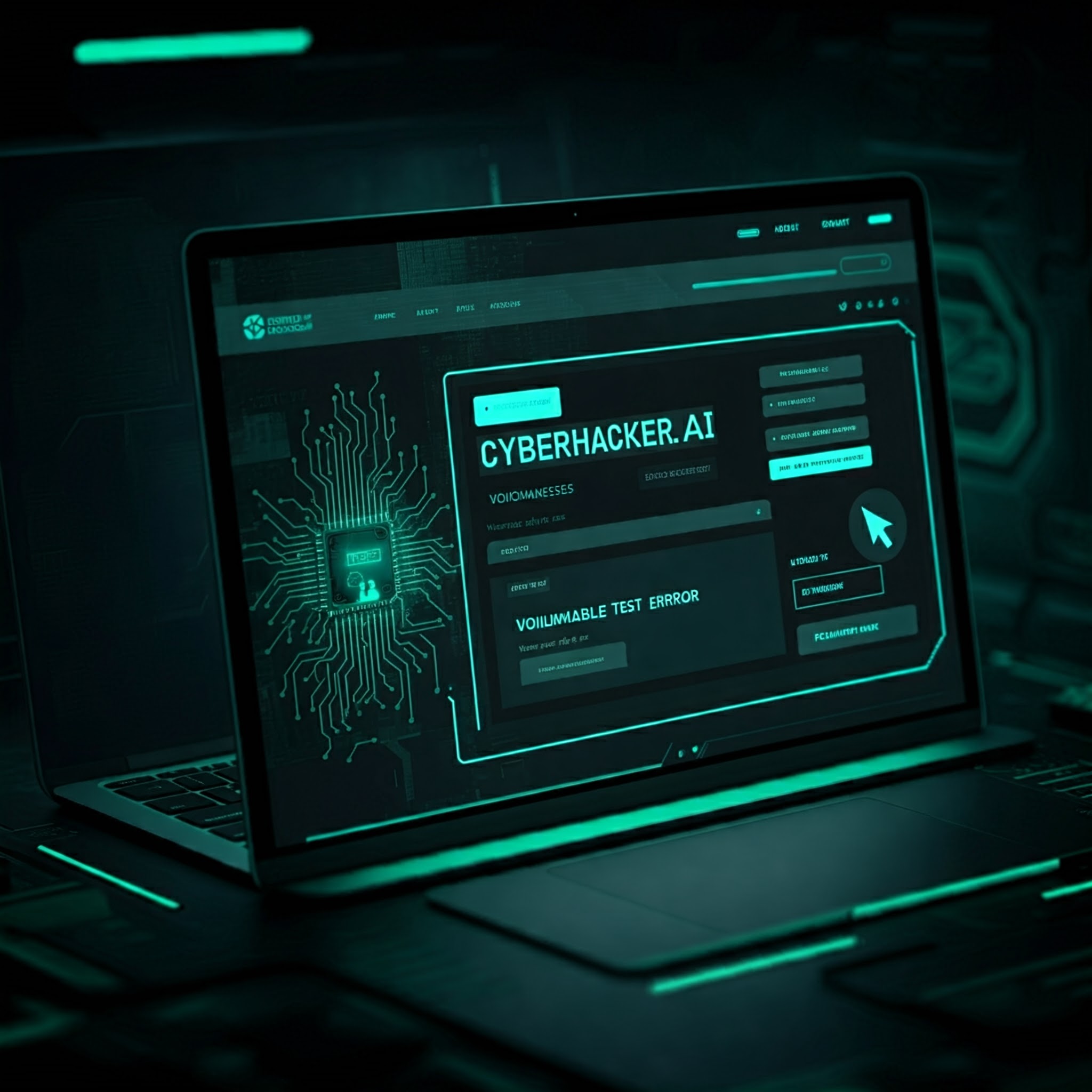In the face of growing cyber threats, organizations are increasingly turning to artificial intelligence (AI) to enhance their cybersecurity efforts. However, while AI is a powerful tool for identifying and mitigating threats, human expertise remains an essential component of a comprehensive cybersecurity strategy. By combining AI technology with the insights of skilled cybersecurity professionals, organizations can achieve a more robust defense against cyberattacks.
AI excels at tasks that require processing large volumes of data. In cybersecurity, AI can analyze network traffic, identify unusual patterns, and detect potential security threats—all at a speed that far surpasses human capabilities. This makes AI invaluable for monitoring and protecting against threats in real-time. Machine learning algorithms, a key part of AI, are also used to predict future threats by analyzing past attack patterns and learning from new data.
However, AI on its own has limitations. One of the biggest challenges is the context in which AI operates. While AI can detect anomalies and identify potential threats, it often lacks the ability to understand the broader context of an organization’s operations and risk profile. This is where human expertise comes into play. Cybersecurity professionals can interpret AI findings, understand the business impact of potential threats, and make informed decisions on how to address them.
Furthermore, AI-driven systems require constant training and updates to remain effective. Cybercriminals are constantly developing new tactics to evade detection, which means AI algorithms need to be retrained to recognize these evolving threats. Human experts play a critical role in this process, providing the necessary guidance and oversight to ensure that AI remains effective in the face of new challenges.
Another key area where human expertise is crucial is in ethical decision-making. AI systems are designed to act based on data and patterns, but they may not always understand the ethical implications of their actions. For example, an AI system might suggest isolating an entire network segment to prevent the spread of malware, but a human expert would need to weigh the potential disruption to business operations before taking such an action.
In addition, cyberattacks are often complex, involving multiple stages and tactics. While AI is effective at identifying individual threats, human analysts are needed to piece together the bigger picture and understand the full scope of an attack. This collaborative approach allows for a more thorough response to incidents, ensuring that all aspects of an attack are addressed.
In conclusion, AI is a powerful tool for enhancing cybersecurity, but it is most effective when combined with human expertise. By leveraging AI for data analysis and automation, and relying on human professionals for context, judgment, and ethical considerations, organizations can build a more resilient cybersecurity strategy. The synergy between AI and human expertise offers the best of both worlds, providing the speed and efficiency of AI along with the nuanced understanding that only humans can provide.













